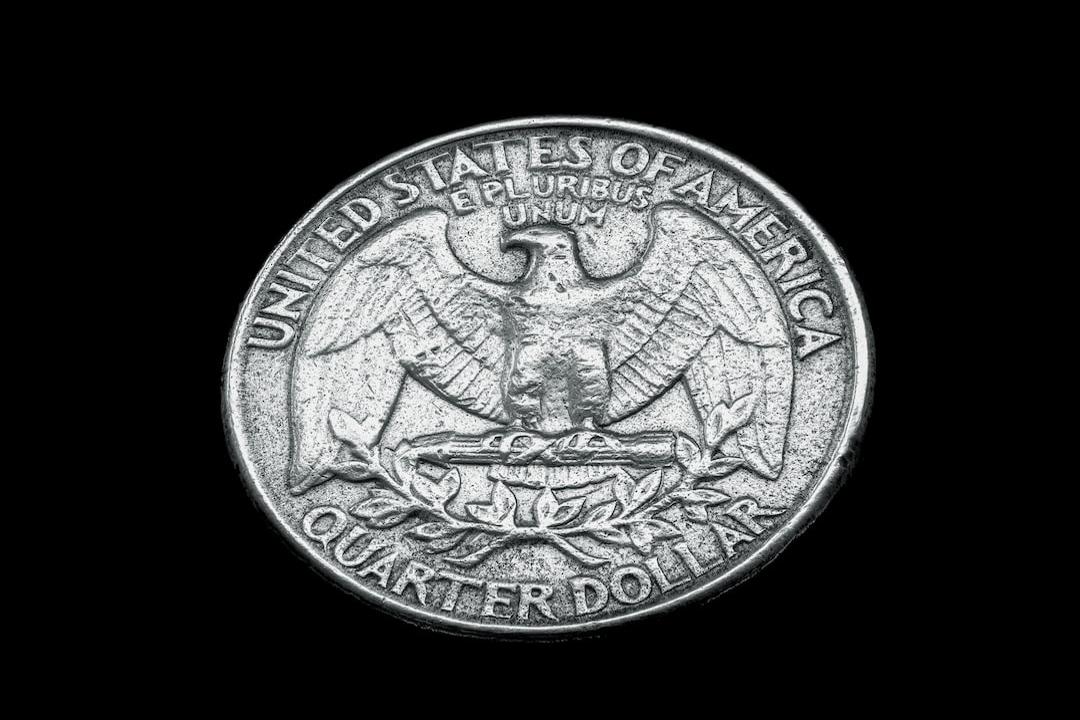Coinbase, Binance, and Bitfinex are the top three entities in terms of holding Bitcoin, according to a report by CoinNess.
Written by Jamie Redman, Translated by Luffy and Foresight News.
Over the past decade, a large number of Bitcoins have flowed into centralized exchanges, listed and private companies, governments, Exchange Traded Funds (ETFs), and derivative token projects such as WBTC. This article will analyze the top ten entities that hold the most Bitcoin.
Investigating the top ten Bitcoin holders
According to data from Cryptoquant, centralized cryptocurrency exchanges currently hold approximately 2,581,607.09 Bitcoins. The amount of Bitcoin held by exchanges has been decreasing since 2022, but it is still higher than the amount held by exchanges from 2015 to 2017. On January 1, 2017, the Bitcoin stored on these platforms recorded by Cryptoquant was only 1.17 million. In addition to exchanges, the amount of Bitcoin held by ETFs, DeFi projects, governments, private and listed companies has been increasing since 2020.

Bitcoin holdings of centralized exchanges
After studying the Coinbase block rewards that were not used from 2009 to 2012, we decided to conduct an in-depth analysis of the top ten Bitcoin holder entities. Similar to previous studies, this study used data from timechainindex.com, but our study does not include unused block rewards and unknown individuals referred to as “X”. The study includes centralized exchanges, governments, companies, and ETPs. The data shows that as of September 22, 2024, Coinbase is the largest entity holding Bitcoin.
Coinbase holds 1,051,650.41 Bitcoins in a total of 145,491 addresses, with a value of $66.4 billion. Binance is the second-largest holder of Bitcoin, with 765,072.92 Bitcoins held in 120,528 addresses. Bitfinex is the third-largest holder, with 359,687.52 Bitcoins held in 2,161 wallets. In fourth place is BlackRock, which holds 357,550.21 Bitcoins distributed in 760 addresses. It is worth noting that BlackRock’s Bitcoin is held by Coinbase Custody.

Data source: timechainindex.com and Microstrategy
According to Microstrategy, the company holds 252,220 Bitcoins, ranking fifth after BlackRock. However, the data we studied only counted the 213,996.14 Bitcoins held by Microstrategy in 501 wallets. Kraken ranks sixth, holding 237,900.9 Bitcoins stored in 78,023 wallets. The seventh-largest Bitcoin holder is Grayscale’s GBTC, which holds 220,439.82 Bitcoins and is also custodied by Coinbase Custody.
The U.S. government ranks eighth, holding 204,302.34 Bitcoins stored in 125 different wallets. Fidelity’s FBTC fund stores Bitcoin using its own custodial solution and holds 178,191.25 Bitcoins in 562 wallets. The last and tenth-largest Bitcoin holder is the WBTC project, which reserves Bitcoin at a 1:1 ratio and then mints derivative ERC20 tokens. Its Bitcoin is stored in 948 wallets.
The distribution of Bitcoin among the top ten entities highlights the growing interest of institutions in this asset. It also indicates that many users are still using CEX platforms to trade and store their Bitcoin. As Bitcoin gradually integrates into various fields, from governments to listed companies, it highlights the current shift from individual ownership to larger and more centralized holdings. This trend may affect the liquidity and accessibility of Bitcoin in the future, especially with the continuous expansion of ETFs and institutional custodial solutions.
CEX holds the highest amount, users need to be aware of the risks
It should be emphasized that although Coinbase custodies two-thirds of the Bitcoin held by U.S. ETFs, the top three exchanges manage the largest Bitcoin reserves, most of these assets belong to retail investors and high-net-worth individuals. These funds are customer assets, but the exchanges still have 100% complete control over them. If any misconduct occurs and their cold wallets are stolen, the exchanges either compensate the customers or go bankrupt, leaving users to bear the consequences of their mismanagement.
This is why it has been recommended to use non-custodial wallet solutions for over a decade, which allow users to have full control over their funds. Although exchanges are suitable for trading, many exchanges have been hacked since the emergence of cryptocurrency trading platforms, and misconduct continues to occur. For security reasons, it is recommended that users only keep funds that they can afford to lose on exchanges for trading, while storing the rest of their digital assets in non-custodial wallets.

